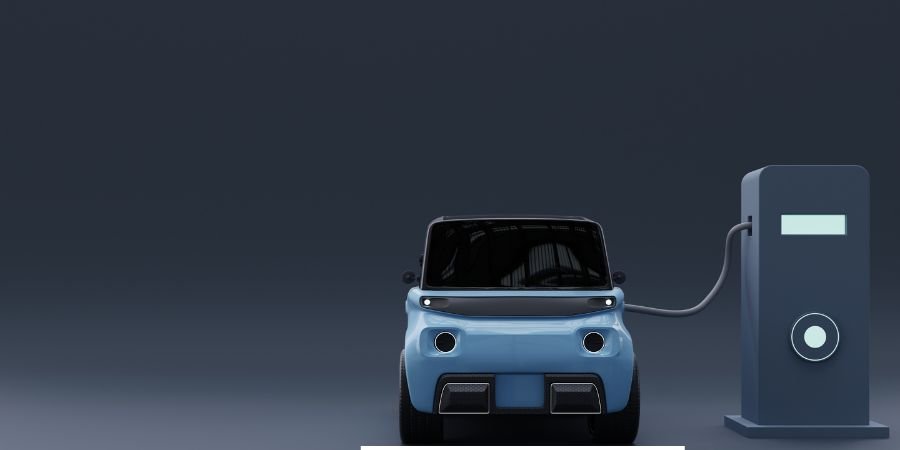As the global push for sustainability accelerates, the Middle East is positioning itself as a pivotal player in the electric vehicle (EV) sector. A new report from Bain & Company, titled Is the Middle East Ready to Shift Gears to Electric Vehicles?, reveals that the region could capture a $54 billion EV market by 2035, with electric vehicles expected to constitute 64% of new car sales.
Factors Driving the Shift
This anticipated growth is fueled by several key factors, including changing consumer preferences, supportive government policies, and substantial investments in infrastructure by private enterprises. Increasing environmental awareness among consumers is leading to a greater demand for sustainable transport options.
Karim Henain, a partner at Bain & Company Middle East, highlights the urgency for stakeholders to act. “The Middle East stands on the brink of a transformative shift, but immediate action is essential for stakeholders to ensure long-term success. The EV market not only promises environmental benefits but also opens avenues for significant economic growth,” he noted.
Capitalizing on Early Opportunities
For businesses eager to enter this emerging market, the report underscores the importance of early action. Companies that invest in charging infrastructure and diversify their EV offerings will likely establish a competitive advantage. The report suggests that proactive engagement can lead to fruitful opportunities in this rapidly evolving sector.
Bain’s findings categorize consumers into three segments: EV enthusiasts, explorers, and skeptics. Understanding these groups is essential for effectively promoting EV adoption. Tailored strategies, including infrastructure development and educational initiatives, can help convert potential buyers into dedicated EV owners.
Economic and Environmental Synergy
Eric Zayer, another partner at Bain & Company, underscores the broader significance of this shift: “Transitioning to electric vehicles in the Middle East is not just about environmental sustainability; it represents a substantial economic opportunity. Now is the time for governments and businesses to act decisively, ensuring a sustainable and prosperous future.”
Conclusion
The Middle East’s journey toward electric vehicle adoption signifies more than just an environmental milestone; it reflects a significant economic opportunity. By addressing existing barriers and leveraging strategic investments, stakeholders can unlock the potential of the EV market and shape the region’s automotive landscape for the future.
Read Also: Lulu Retail to Launch 25% Stake IPO on Abu Dhabi Securities Exchange









